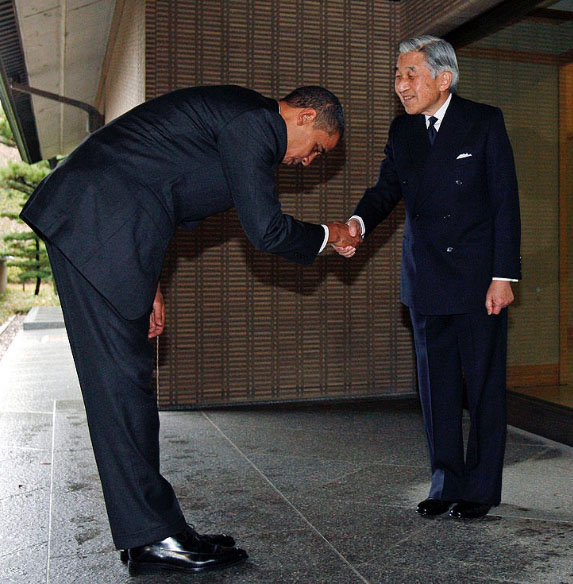Korean Office Culture Through the Eyes of a Foreigner
What surprised me the most about working in Korea wasn’t the language. It was everything else.
When I landed my first office job in Korea, I already had a decent level of Korean. I thought that if I spoke the language and did my job well, things would go smoothly — but I quickly realized that speaking Korean doesn’t mean being understood the way you expect.
I remember clearly — during a team meeting, I presented an idea I had worked hard on. People nodded politely. Then silence. A few minutes later, someone more senior repeated my suggestion, almost word for word. This time, everyone agreed. The idea got approved. No one remembered I’d said it first.
It wasn’t disrespect. It was hierarchy. Timing. Trust. The invisible rules no one teaches you — unless you grow up with them.
Later, when I joined a larger company, I was handed a corporate culture guide. It wasn’t for foreign employees — it was for everyone. That’s how deep these expectations run.
There were detailed sections on how to bow: 15 degrees for casual greetings, 30 for formal encounters, and 45 when greeting executives. How far to stop before greeting someone in the hallway. How to walk slightly ahead of a guest, but never with your back turned. How to hand over your business card with both hands, and a slight bow, making sure your name faces the other person.
At first, it felt like a performance. But over time, I started to see the meaning. These small actions carry big messages: respect, clarity, reliability. It’s not about following rules for the sake of it. It’s about building relationships — quietly, consistently.
In Western cultures, a bow is sometimes seen as a gesture of submission. But in Korea, it's part of everyday professional etiquette — a way to show respect and build trust. I once came across a photo of President Obama bowing during a diplomatic meeting. Some saw it as controversial. But in the Korean workplace, this gesture happens every day — with nuance, structure, and purpose.

Over time, I found my rhythm. I started to understand what people expect, how things move, and the quiet signals behind words. But adapting here doesn’t just mean getting used to workflows — it means learning a different kind of language: one built on timing, respect, and unspoken cues. You can speak Korean fluently and still miss how people really communicate — not with words, but with gestures, pauses, and presence.
Can foreigners thrive in Korean companies? Yes — especially in international environments, or when you’ve truly become part of the culture. And in many places, especially traditional ones, that’s exactly what’s expected — even if it’s never said out loud.
Thinking of building a career in Korea? Ask yourself: Are you ready to spend years not just learning the language, but learning how to be understood?
Have you ever worked in a culture that made you see everything differently? What surprised you the most?